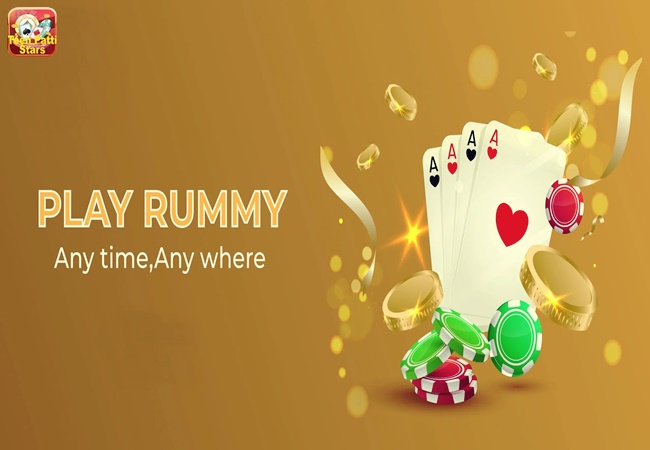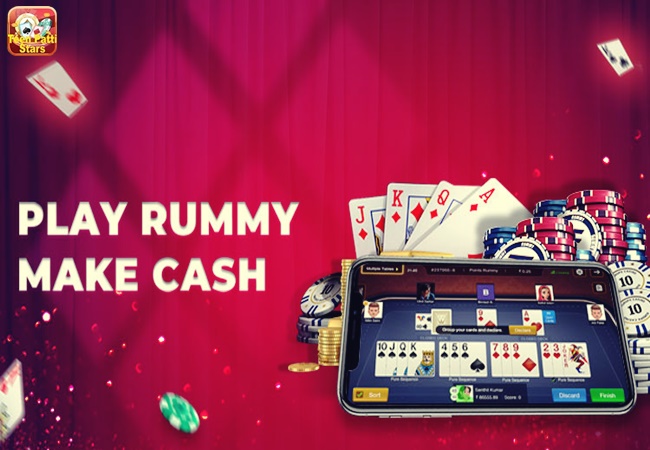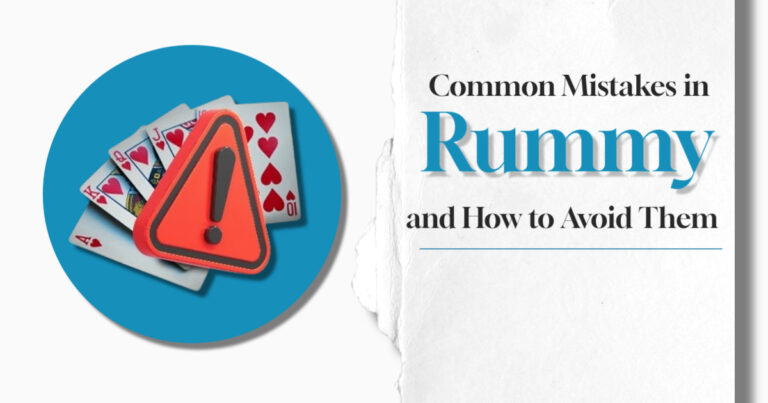Dive into the Diverse World of Rummy Games Played Across India
Introduction
Welcome to the enthralling world of Rummy, a card game that has woven its way into the cultural fabric of India. In this comprehensive article, we will delve into the various facets of Rummy games played across the diverse landscape of India. From the bustling streets of Mumbai to the serene banks of the Ganges, Rummy has become more than just a game; it’s a tradition, a celebration, and a skill honed through generations.

The Origins of Rummy Games
Historical Roots
Rummy’s roots can be traced back to the early 20th century, believed to have evolved from a Mexican game called “Conquian.” However, it was in the United States that Rummy gained prominence before finding its way to India during the British colonial era. The popularity of Rummy continues to thrive, with modern adaptations like Teen Patti Stars contributing to its diverse gaming landscape.
Cultural Integration in India
Over the years, the Rummy game seamlessly integrated into Indian culture, adapting to the preferences of different regions. Its popularity soared, with families gathering during festivals, weddings, and social gatherings to engage in spirited Rummy sessions.
Regional Variations
Points Rummy – The Classic
Points Rummy stands as the classic and most widely played variant. The game is swift, with each player aiming to form valid sets and sequences to minimize points. The player with the fewest points at the end of the game emerges victorious.
Indian Rummy – A Strategic Twist
Indian Rummy, also known as 13 Card Rummy, adds a strategic dimension to the rummy game. Players are dealt 13 cards, and the objective is to arrange them into sets and sequences. This variant demands a blend of skill and strategic thinking.
Gin Rummy – A Western Influence
While not native to India, Gin Rummy has found a dedicated fan base. Originating in the United States, this variant involves players forming sets and runs to declare before their opponents.

The Social Aspect of Rummy
Family Bonding
In India, Rummy game transcends mere gameplay; it is a catalyst for social interaction. Families come together, sharing laughter, stories, and the thrill of the game. It’s not just about winning; it’s about creating lasting memories.
Rummy Tournaments
The popularity of Rummy has extended beyond living rooms to organized tournaments. From local competitions to online platforms hosting national championships, Rummy has become a competitive sport, showcasing the skill and finesse of players.
The Rise of Online Rummy
Convenience and Accessibility
With the digital revolution, Rummy has transitioned seamlessly into the online realm. Online Rummy platforms offer players the convenience of playing anytime, anywhere. This accessibility has further fueled the game’s popularity, reaching a broader audience.
Multiplayer Dynamics
Online Rummy brings a new dimension with multiplayer dynamics. Players can engage in real-time matches with opponents from different parts of the country, enhancing the competitive spirit and broadening the cultural exchange associated with the game.
Rummy’s Influence on Skill Development
Cognitive Skills
Beyond the entertainment value, playing Rummy enhances cognitive skills. From strategic planning to quick decision-making, the game challenges the mind and promotes mental agility.
Mathematical Acumen
The calculation of points, probabilities, and card combinations in Rummy sharpens mathematical acumen. Players unknowingly engage in mathematical exercises, making the game not just recreational but intellectually stimulating.
Conclusion
In conclusion, the diverse world of Rummy games played across India is a testament to the game’s adaptability and cultural significance. From traditional family gatherings to competitive online tournaments, Rummy has evolved without losing its essence. As the game continues to transcend geographical boundaries, it stands as a symbol of unity, skill, and the shared joy of play.







